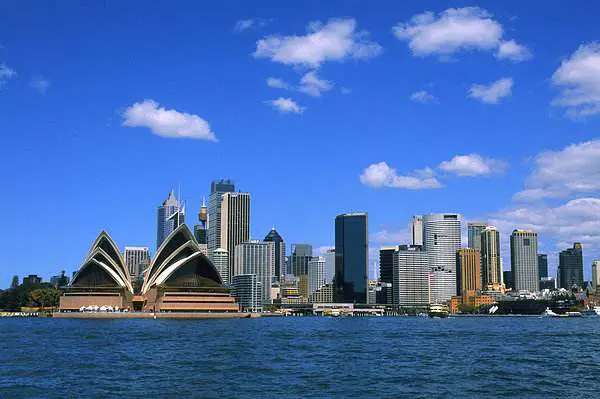The restoration of ties between the U.S. and Cuba spells a new economic era for Latin America and the Caribbean, a leading political analyst has told Xinhua.
According to Spanish internationalist Jose Antonio Egido, who lives in Venezuela, this era will be favorable to the governments of the region as long as they seize emerging opportunities without compromising their sovereignty.
In an interview with Xinhua, he delved into what the re-opening of embassies in Washington and Havana would mean for countries like Venezuela. "The government of President Raul Castro now has the opportunity to demand, within the framework of the negotiations, the lifting of the economic blockade," said Egido.
"This would allow countries in the region, like Venezuela, to deepen their own commercial ties with Havana," he added.
Venezuela has, for over 14 years, maintained a tight cooperation agreement with Cuba, helping to strengthen the island with its technological and financial capabilities. "However, Venezuela will now increasingly be able to count on a prosperous economic partner in Cuba, which will help safeguard its independence and encourage productivity," Egido said.
In 2014 alone, the two nations signed 56 new economic deals worth 1.259 billion U.S. dollars, covering oil, energy, sport, health, culture, and education, among other areas, according to Venezuelan government statistics.
Egido believes this figure could skyrocket as Cuba grows its productive activities and its international trade. This same logic applies to other countries in the region that will similarly be able to build closer ties with Cuba and expand commerce, without having to worry about American sanctions.
This new scenario will also enjoy the backdrop of existing investment projects in Cuba, such as Mariel Economic Development Zone, said Egido. Of an estimated one billion U.S. dollars needed to transform the port, 700 million U.S. dollars has come from Brazil, which seeks to gain a foothold along one of the Caribbean' s best commercial sea routes.
The port of Mariel is aiming to become one of the most modern ports in the region, with a rail link connecting to the rest of the island, and with over 400 foreign companies having expressed an interest in investing there, according to the analyst.
However, Egido insists that the lifting of the embargo must happen before Cuba can begin to meet this potential. "We must remember that it is estimated that Havana has suffered losses over 1.112 trillion U.S. dollars due to the embargo," he noted.
However, he is certain that the White House will not want to miss out on the new economic opportunities that will appear on the island.
"While it remains the largest economy in the world, the U.S. is facing a progressively quicker decline of its influence in Latin America. This is particularly true as the region tightens economic ties with other global powers, such as the BRICS," said Egido, adding "The U.S. must therefore obtain the maximum benefits and value for its companies, which will be its main motivation in forging closer ties with Havana."
Hence, to maintain a stable increase in exports while meeting its geopolitical goals, the administration of U.S. President Barack Obama will not miss the chance to expand its potential market in Cuba.
According to Egido, this is all the more likely given the pressure that Washington has received for decades from the pharmaceutical, energy, and agriculture industries, which have all clamored for the normalization of ties with Cuba. "However, while the full motives of the U.S. in the region are not yet certain, it must respect the political processes underway in Cuba and Venezuela", said the specialist. Enditem
 简体中文
简体中文

